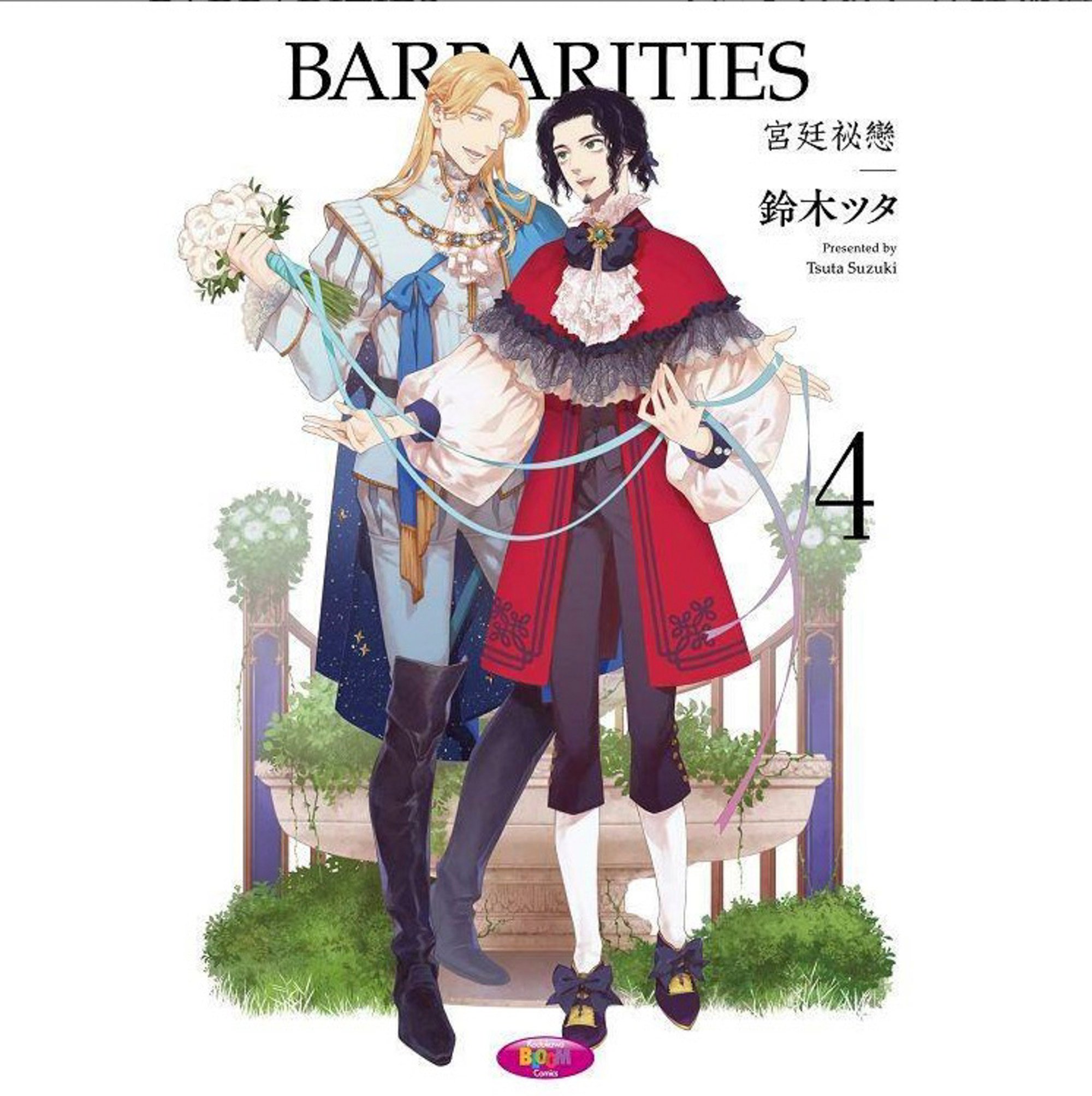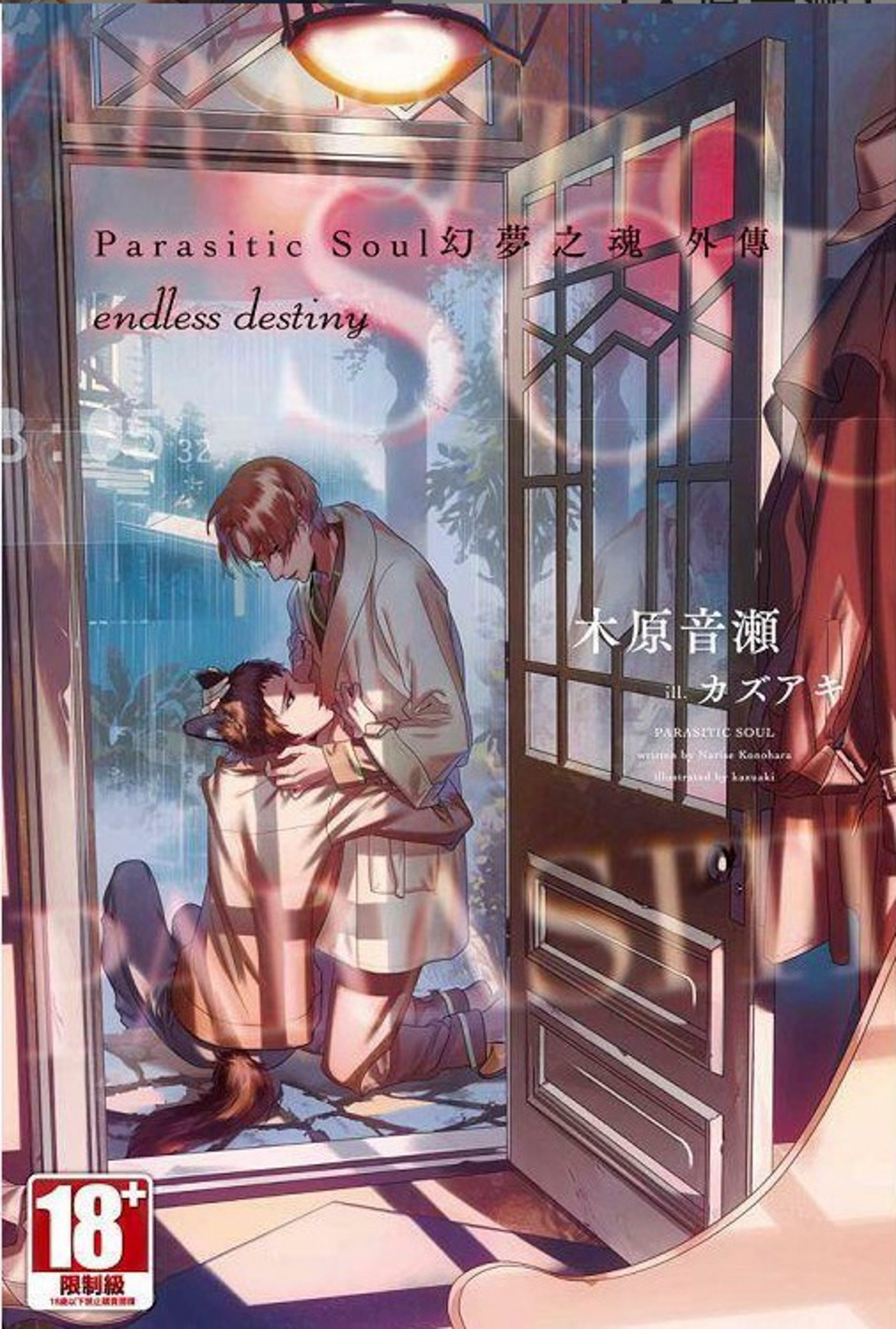
Hong Kong manga cafe a safe haven for fans of Japanese ‘boys’ love’ romantic fiction
- Boys’ love is a genre of manga, launched in Japan by women artists in the 1970s, that focuses on love affairs between males
- Four fans of the genre opened a bookstore/cafe to provide a place where fans can gather, connect with others, and read the comics without prejudice
Determined to bring “boys’ love” romantic fiction into the mainstream, four fans in Hong Kong recently opened a small bookstore cafe where like-minded folk can freely explore their love of the genre without prejudice.
Boys’ love, or BL, is a niche genre of fiction themed on amorous relationships between male protagonists. Initially created in the 1970s by female Japanese manga artists seeking to challenge gender stereotypes and sexual norms, it has seen a surge in popularity in recent years, gaining a large following in Japan and elsewhere.
In October 2020, Diane Chow, 26, got together with three friends to open the store as a dedicated space where fans can gather and connect with others who share their enthusiasm for BL.
“In the past, people would give you strange looks if you picked up a BL manga in the corner of a bookstore,” says Chow. “I wanted to create a space where fans can be free.”

Located in the busy district of Mong Kok, the Fu Court, whose name is a reference to fujoshi, or female fans of the genre, is lined wall-to-wall with BL-related paraphernalia.
Described by its founders as a “project” rather than a cafe, the Fu Court offers an array of manga and BL merchandise from local and overseas creators. The store contains a space where people can sit to read or watch their favourite works.
At an affordable HK$20 (US$2.50) per half-hour, or HK$110 for the day, the small bookstore cafe attracts a broad demographic of customers, appealing to people from all walks of life irrespective of age, gender or nationality.
“We call our customers ‘little angels’ to avoid using gendered pronouns and to create a sense of common identity,” Chow says.
The cafe often organises community-building events where fans can talk about their BL-related interests.

For frequent customer Kenna Lau, the Fu Court is more than just a place to read BL anime and hang out. It is also a place of self-discovery, free expression and compassion.
“[The Fu Court] is a place where I can take refuge, where I can always go whenever I feel suffocated from life’s hardships,” Lau says. “I’ve brought up all kinds of problems in my life with them [fellow BL fans] and they have never been judgmental about me or my feelings.”
In 2021, Hong Kong broadcaster ViuTV released its remake of the hit Japanese comedy series Ossan’s Love, the first BL drama to be televised in the city, leading to wider recognition of same-sex relationships in the mainstream media. Ossan refers to a middle-aged man in Japanese.
The show, which stars members of the famous Hong Kong boy band Mirror, received positive reviews, becoming the network’s highest-rated drama series since its launch in 2016.

Chow believes the release of the show, which explores love, identity, and acceptance through the lens of sexual minorities, has further contributed to changing perceptions of homosexual relationships in the city.
Despite the growing acceptance of gay and lesbian people in Hong Kong, sexual minorities continue to struggle with widespread prejudice in most parts of mainland China, particularly in rural areas where traditional values remain deeply rooted.
In recent years, the Chinese government has taken measures to crack down on the portrayal of same-sex relationships in the mainstream media, including introducing a regulation that banned the portrayal of “abnormal sexual relationships” in television shows and online content in 2016.
I want people to freely immerse themselves in the world of BL in our store, regardless of whether they are from mainland China or Hong Kong
According to Konnie Lee, 31, one of the store’s four owners, who also writes for a BL coterie magazine, many of the genre’s manga titles are banned or heavily censored in mainland China, which has led to many mainland Chinese fans flocking to Hong Kong to visit the local store, something Lee welcomes with open arms.
“I want people to freely immerse themselves in the world of BL in our store, regardless of whether they are from mainland China or Hong Kong,” she says.
To keep the cafe open and running, the four friends have worked in shifts to lower labour costs while all holding full-time jobs.
Beyond managing the store, the owners have made their own BL stories and characters through screenwriting and film production.
With a pooled budget of HK$100,000 (US$12,800), they set out after opening the store to independently produce the original BL drama The Love that Dare Not Speak Its Name, comprising six five-minute episodes.
The show was eventually picked up by a Taiwanese LGBTQ streaming site in 2021, enabling them to recover some of their original investment.
In the future, they plan to collaborate with mainstream television networks to produce a fully fledged original BL drama rooted in Hong Kong culture to share with BL fans worldwide, and hope to make an impact in Japan in particular, which Chow calls the “birthplace of BL”.
Chow points to the liberating aspects of the genre, where men can be vulnerable and women can freely discuss their sexual desires without fear of being objectified.
It has also become a way for her to imagine new possibilities beyond traditional gender stereotypes and explore new stories without boundaries, she says.
“[BL] explores various topics such as those surrounding LGBTQ rights, as well as body type issues and sexual harassment in the workplace. With such a broad range of subjects, I will never run out of interest.”

